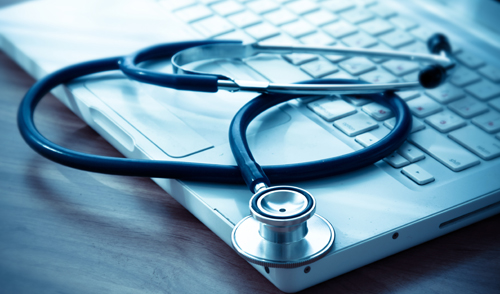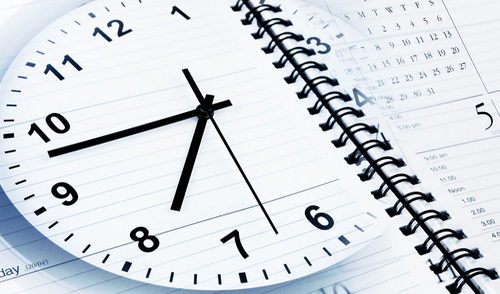Self-Help Remedies and Conservative Treatments
These remedies may or may not be applicable to you. They may be reasonable options by themselves or may be combined with other treatments.
Weight Loss
If you are overweight, weight reduction may improve your snoring or sleep apnea.
Sleep Positioning Maneuvers
Elevating the head of your bed and avoiding sleeping on your back may be helpful. A common way to train you to not sleep on the back is to place a tennis ball in the middle of your back during sleep. The ball is placed in a sock which is pinned to the back of a sleep shirt or placed in a pocket sewn into the shirt.
Improve Amount and Regularity of Sleep
You should go to sleep and wake up at about the same time every day. You should try to get at least 7 to 8 hours of sleep a night.
Avoid Drugs and Habits That Worsen Airway Narrowing
Alcohol and most sleeping pills relax the muscles of the throat and can worsen snoring and sleep apnea. You should avoid alcohol for at least 3 hours prior to bed time. Smoking can also worsen snoring and sleep apnea due to swelling of the nasal tissues.
Nasal Dilators
Internal or external devices that dilate your nasal passages may help your snoring.
CPAP, BiPAP AutoPAP
CPAP (Continuous Positive Airway Pressure) is a device that controls apnea and snoring in most patients and is the most common treatment prescribed for sleep apnea. CPAP is an air compressor that blows air through a corrugated tube which is attached to a mask placed over your nose. The mask is held in place by elastic straps around the back of your head. The air blows up your nose and down your throat and prevents the throat from closing up. Positive airway pressure devices must be worn all night and every night in order to control the sleep disorder. The main advantage of a positive airway pressure device is the high success rate in the sleep laboratory and minimal risk associated with use. However, CPAP may be difficult to use and is not always tolerated.
BiPAP (Bilevel Positive Airway Pressure) is a similar device that blows a higher pressure when inhaling and a lower pressure when exhaling. BiPAP is generally used for patients who can not tolerate a high constant air pressure with CPAP. BiPAP machines are usually more larger, heavier and more costly than a CPAP machine.
AutoPAP is a similar device which detects your breathing during sleep and adjusts the machine pressure in order to eliminate snoring and sleep apnea. AutoPAP is used for patients with special circumstances such as positional sleep apnea (severe on the back and minimal apnea on the side), or in those whose apnea is much worse in deeper levels of sleep. AutoPAP is not for everyone however, since the continuous changes in air pressure could actually disturb your sleep. In addition, the machine only raises the pressure when you are having sleep apnea and snoring, so it does not alleviate all of the airway obstruction.
All positive airway pressure devices require a sleep study to determine the proper pressure to use. If the pressure is too low, the airway may still collapse and obstruct, and if the pressure is too high, the device may not be tolerated or a different type of apnea (central apnea) may occur.
Oral Appliance
An adjustable oral appliance is a custom fit device that is worn over the teeth and pulls the lower jawbone forward. Since the tongue is attached to the jaw, moving the jaw forward will open up the airway and may help snoring or sleep apnea. Once tolerated the entire night, the device can be adjusted until breathing improves. Oral appliances work best in patients with mild sleep apnea.




 Take the simple test to find out if you could have a sleep disorder.
Take the simple test to find out if you could have a sleep disorder.
 Do you fall asleep more easily than others? Take this simple test to find out if you are excessively sleepy.
Do you fall asleep more easily than others? Take this simple test to find out if you are excessively sleepy.